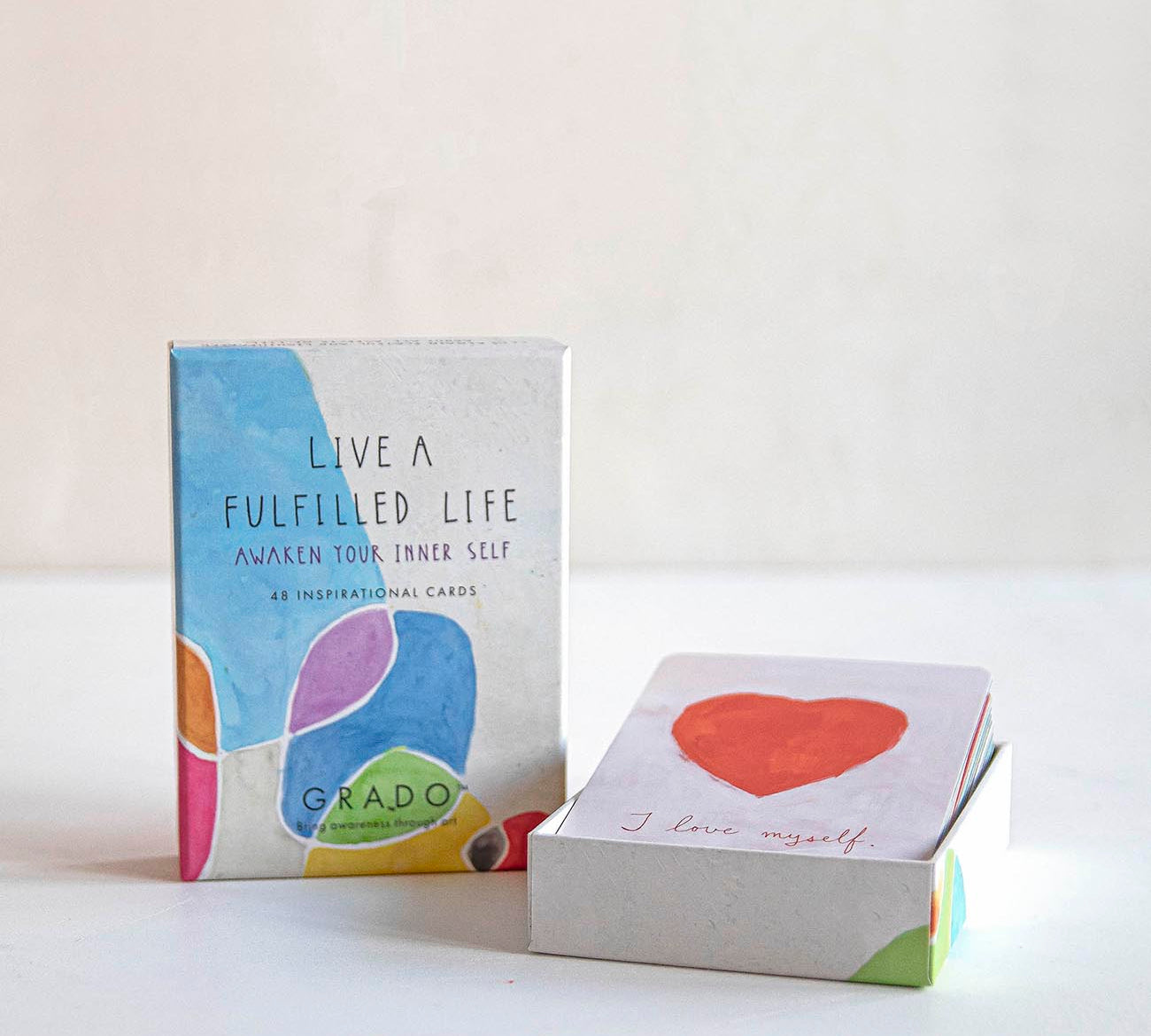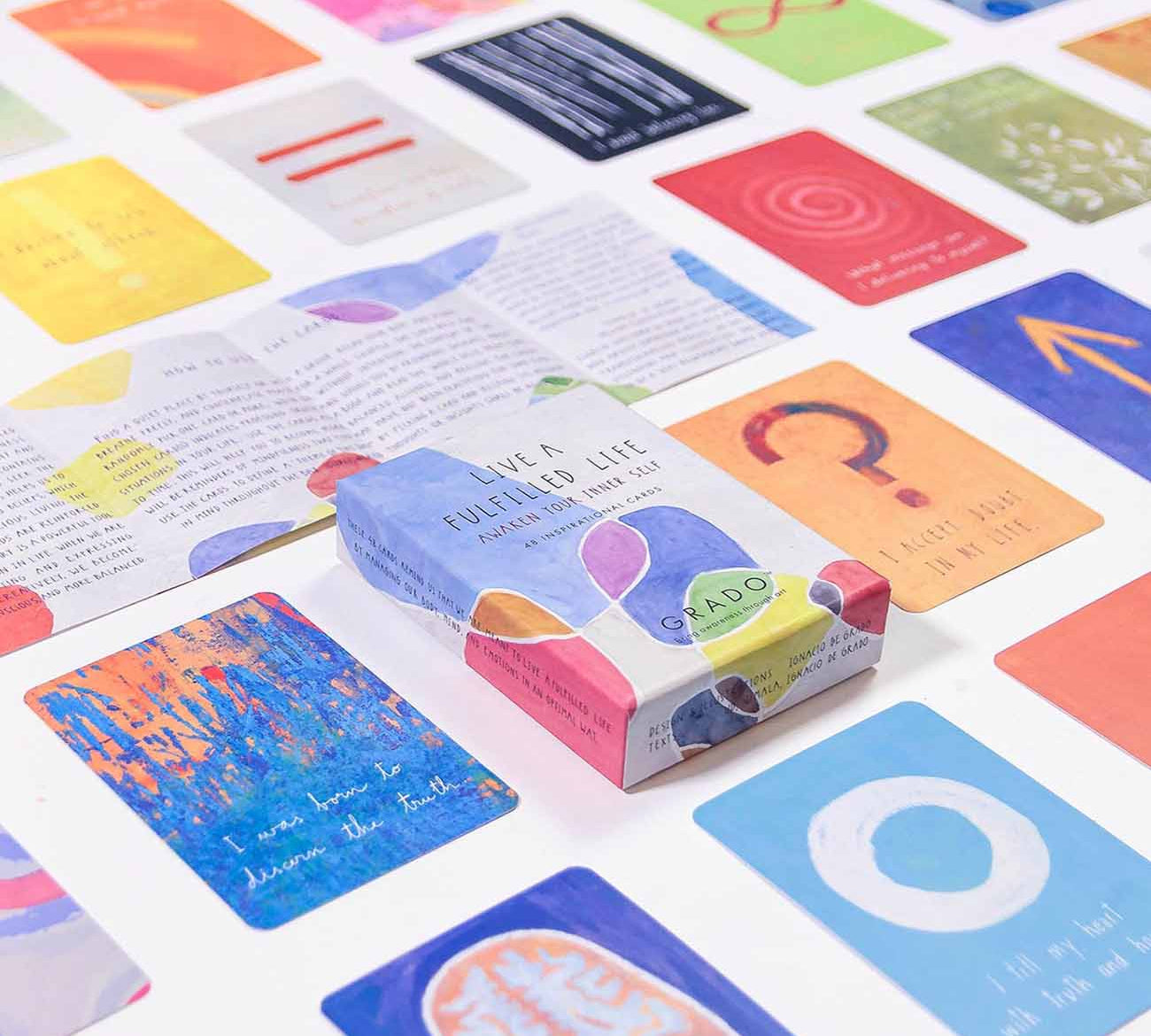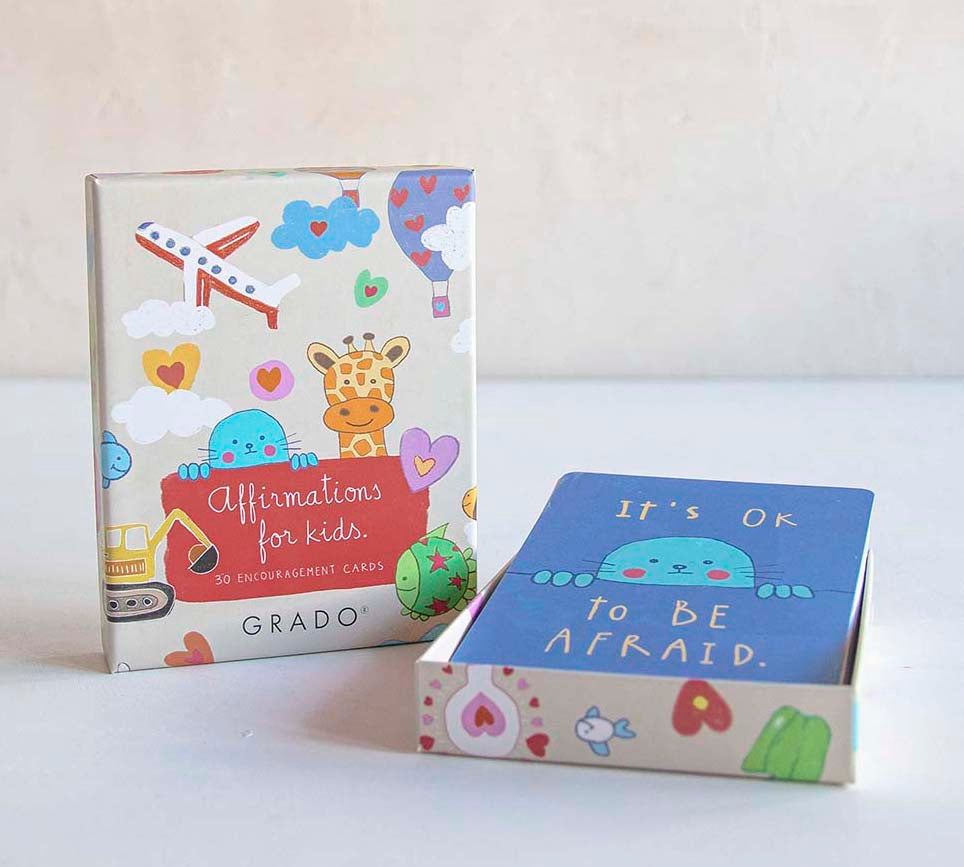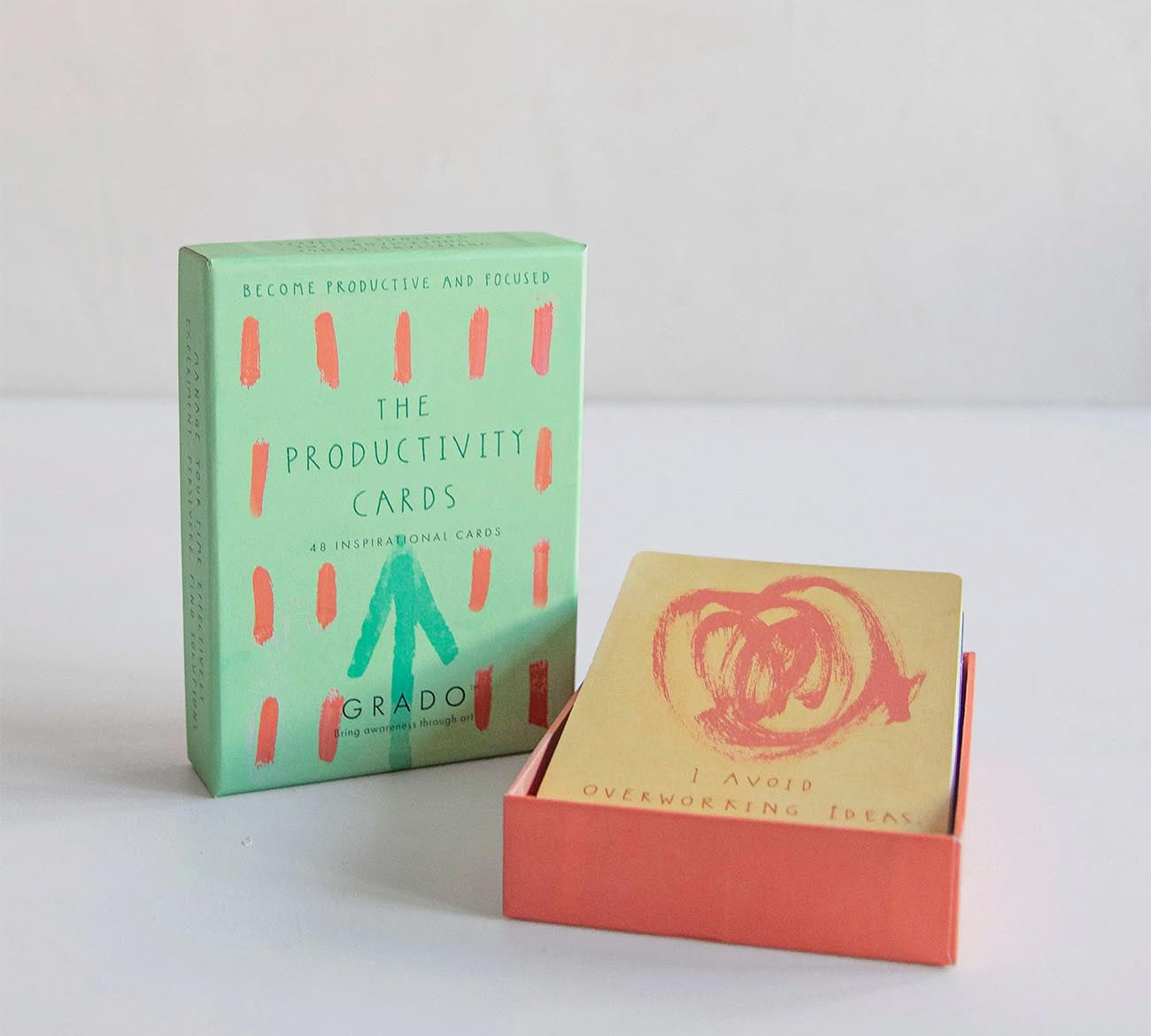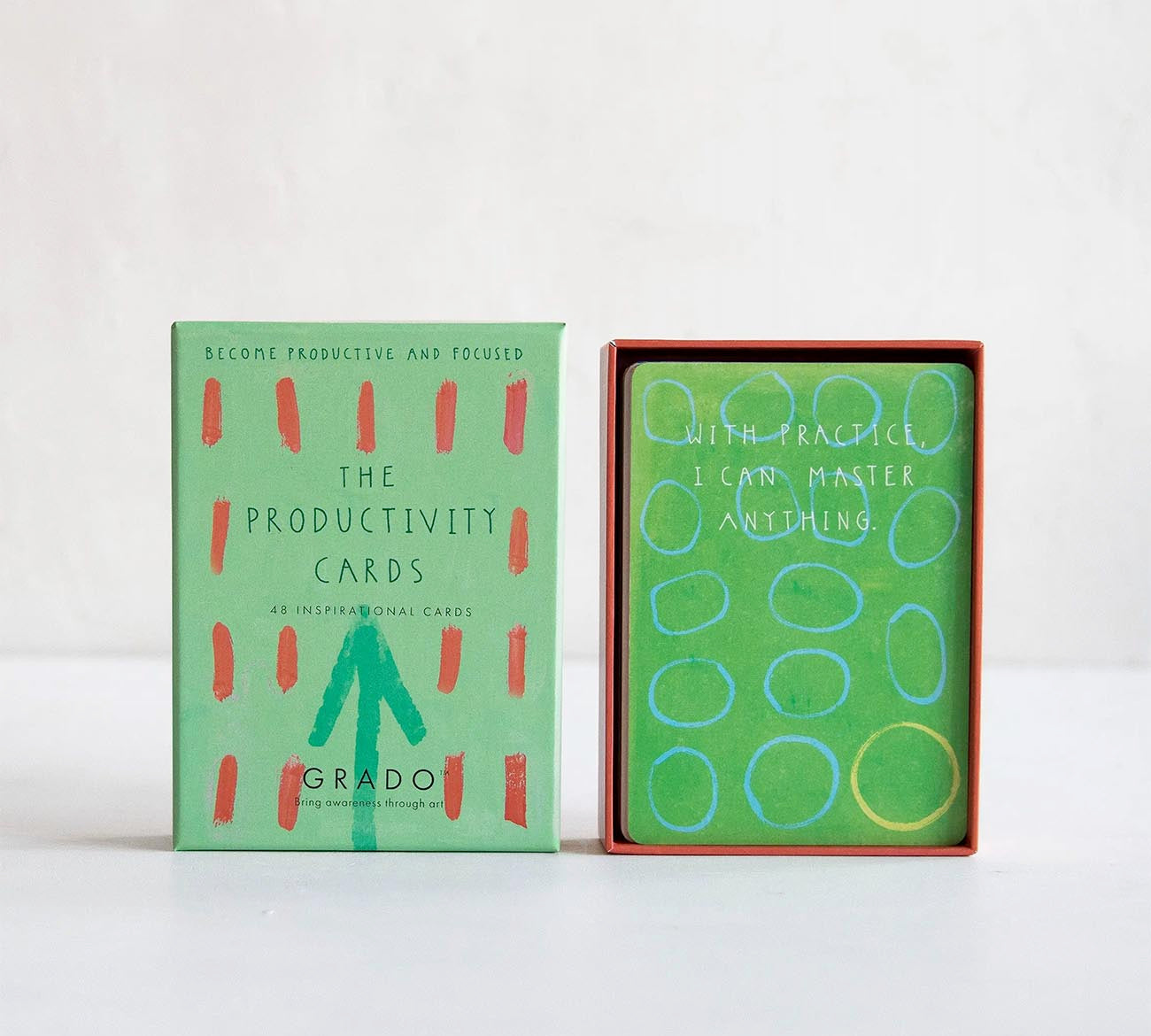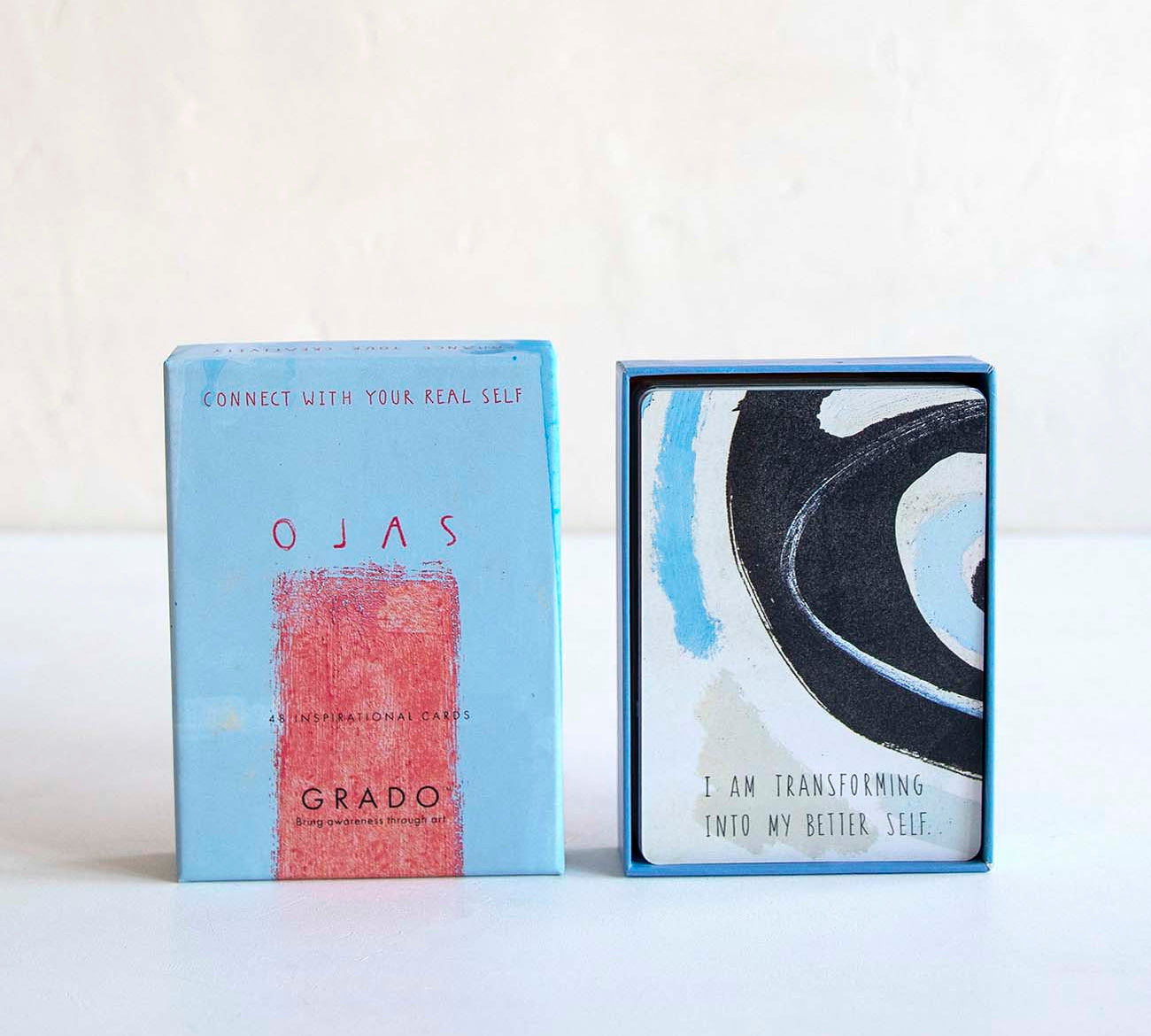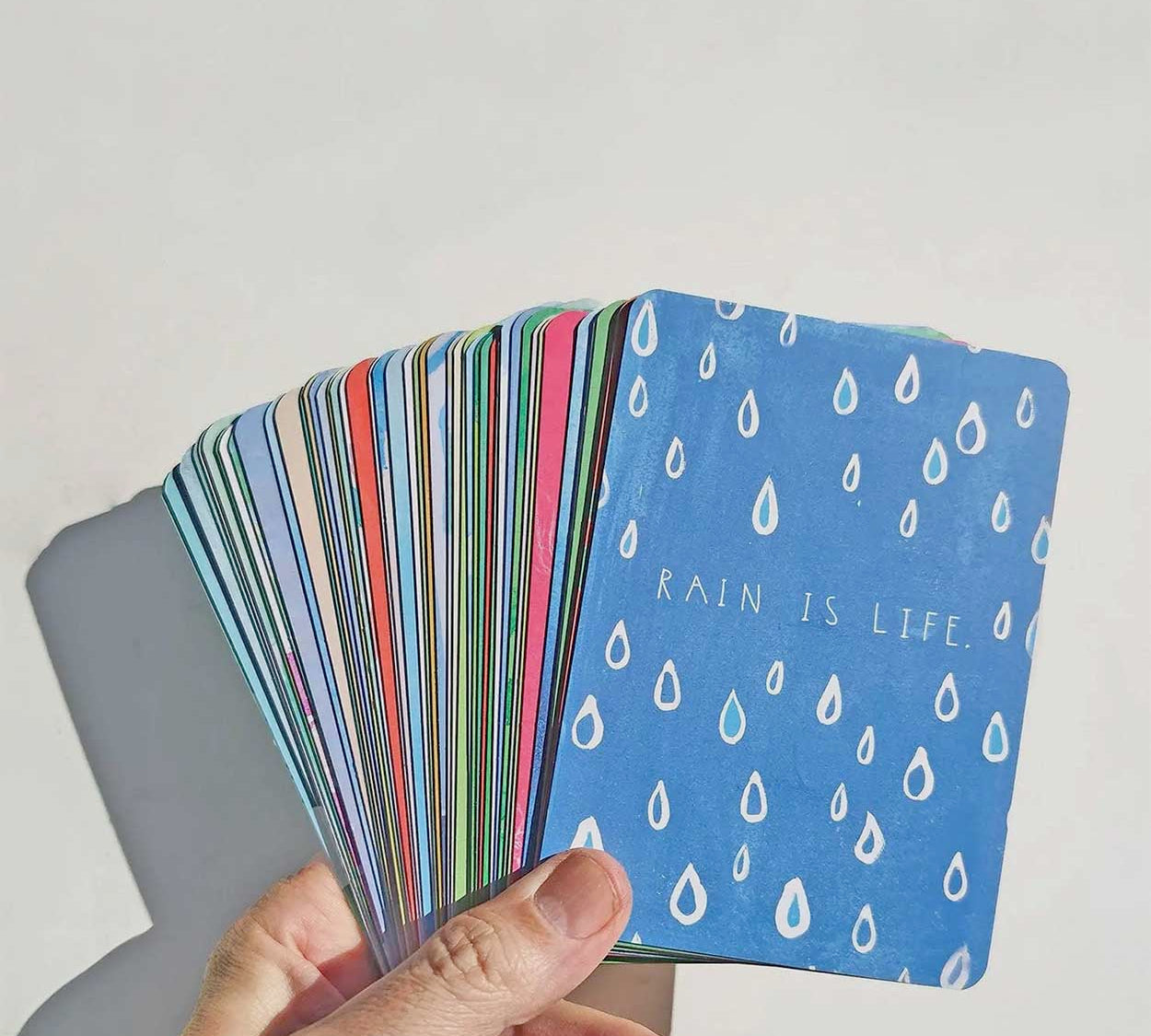Learn to live in the moment.
Our mind is our friend; it can also be our enemy — everything depends on the context. Our mind gives us our intelligence, and when we are well trained and have acquired knowledge, it’s an exceptional tool for solving problems, finding solutions, and producing wonderful texts and ideas that can change the world. On the other hand, when our mind is out of balance, it can trigger negative emotions, causing us to struggle and suffer, eventually ravaging our internal and external worlds
We must prioritize the health of our mind — our ego — the same as we do with our body, our physical health. An unbalanced ego is a powerful weapon of destruction. An unhealthy ego plays with us constantly; it feels comfortable oscillating between the past and the future. It drags us back to the past to punish us for our mistakes, and it reminds us of the poor choices we have made, attaching us to those things we cannot change. This results in feelings of disappointment, guilt, and suffering. An unbalanced ego also revels in projecting us into the future — a reality that is yet to materialize. Thoughts and images flood our minds of potential situations and unrealistic expectations, eventually creating a hypothetical world that may not even eventuate.
So, what can we do to remain more present? Below I have provided some mindfulness recommendations that will help you to train your ego and stay more mindful. It’s important to remember that you need to spend as much time working on keeping your ego, your personality, as healthy as you do your physical self. Your body and your mind are inseparable.
1 Meditate.
Meditation is undoubtedly the best tool we have for helping us stay present. It’s free, and it’s incredibly effective. Meditation is a tool that can help us reduce the power of the ego. It’s important to understand that our ego would not exist without thoughts. And that our mind is constantly working to produce thoughts, judgments, assumptions, ideas, and conclusions. It’s these very thoughts that distort our reality and can lead to disappointment and despair. But when we meditate, the focus is on our breathing. When the thoughts arise, just acknowledge them and let them go. Then train your mind to return to the breath and be present. The more we meditate, the less power our ego has and the healthier it will become.
In the beginning, meditating is hard because meditation is the ego’s kryptonite. The ego knows that meditation will reduce its power, so it produces all manner of defensive reactions to make sure we avoid meditating at all costs. Thoughts cross our minds like: ‘What a waste of time!’ or ‘I cannot concentrate, this is useless, you have too many things to do.’ But the more you meditate, the more negative thoughts and messages will fall away.
Remember, nothing is easy when you start out, and meditation is no exception. Meditation is hard initially, and your ego will constantly fight against it. The ego is incredibly powerful, and it knows that meditation will reduce its power. But you can defeat the ego’s constant excuses and attempts at sabotage — it just takes practice.

2 Introduce silence and calm in your life.
Moments of silence are scarce in our modern world. Our fast-paced lives leave us time-poor, and the technology that connects us also eats into our day, with countless hours spent checking emails and scrolling social media.
Introducing some minutes of silence several times throughout the day will bring enormous benefits to your mental balance.
Avoiding some of the unnecessary interactions you have during the day will help build your capacity to stay in the now. Silence means calm. It means fewer negative emotions and reactions, more awareness, and more time spent in the present.
Being calm and not emotionally reactive has excellent benefits for your mental health. It will help prevent your ego from jumping between the past and the future, and it will help you stay in the now. More focus, more balance.
3 Practice observation with awareness.
One of the worst consequences of a powerful ego is how it reduces your capacity to observe, especially being able to observe objectively. An excellent tool for helping you become more present is to regard everything around you without producing any thoughts. This technique creates an incredible feeling of attachment to the present and your surroundings. Observe with awareness everything around you: focus on the elements, on the sounds.
Then combine this exercise with relaxed and conscious breathing, staying with the breath. Performing this exercise regularly will improve your mental balance. It may also benefit your work, helping to enhance your professional results.
4 Exercise.
There are many kinds of meditation. One of the most common types is when we sit relaxed, focus on our breath, and calm our minds. But there are other activities we do in our daily lives that can also have a meditative effect. When we participate in aerobic exercise, for example. Running is highly effective, as are cycling and walking. But this practice of meditation in movement only works when it’s at a medium-high pace. This means a heart rate clearly above your resting rate. For while we’re exercising, our body is so busy managing our muscles, heart, and breathing that our mind doesn’t wander. This is one reason why running is so relaxing for the mind and helps us release tension. It also produces endorphins, the feel-good hormones.
This sport practice may be challenging initially, so it’s important to start gently and build up slowly. But the mind and body benefits are well worth the effort. So, if you don’t exercise, or don’t do enough movement in your day, try to make it a priority. No matter your age or physical condition, physical activity has so many positives, not only for your physical health but keeping you in the present and spiritually balanced.
5 Understand your personality type.
Although we’re all unique, we all share personality types. As I mentioned at the start of this article, it’s important to distinguish between ego and real self. The ego is our personality, countless layers wrapped around our inner self. Our personality develops when we are about two or three years old and is influenced by many factors, including family and social environment, as well as our original wounds — what we see when we are children when we start to have the capacity for reasoning.
The best way to determine your personality type is by doing an Enneagram test. The test covers nine personality types and sub-types and is more detailed than other personality frameworks. The Enneagram Institute has some excellent resources where you can learn about each personality type and take the test for yourself. Once you understand your personality and behavioral tendencies, you realize how predictable your reactions are. This also helps you to understand your ego. You’ll be able to know whether you’re in a healthy space, what your triggers are, and how to understand your emotions. Having this information also helps you stay present because you know how your ego works. This means you can ignore its attempts to drag you back into the past or into the future, helping to make your life much more present and fulfilled.
At GRADO, we have an excellent range of tools to help you become more present in your daily life. Our eco-friendly decks of Inspirational Cards feature daily reminders and messages to help you connect to your true self. Our Mindfulness Planners feature positive, mindful reminders, and our sustainable Greeting Card range has been designed to help those around you.


